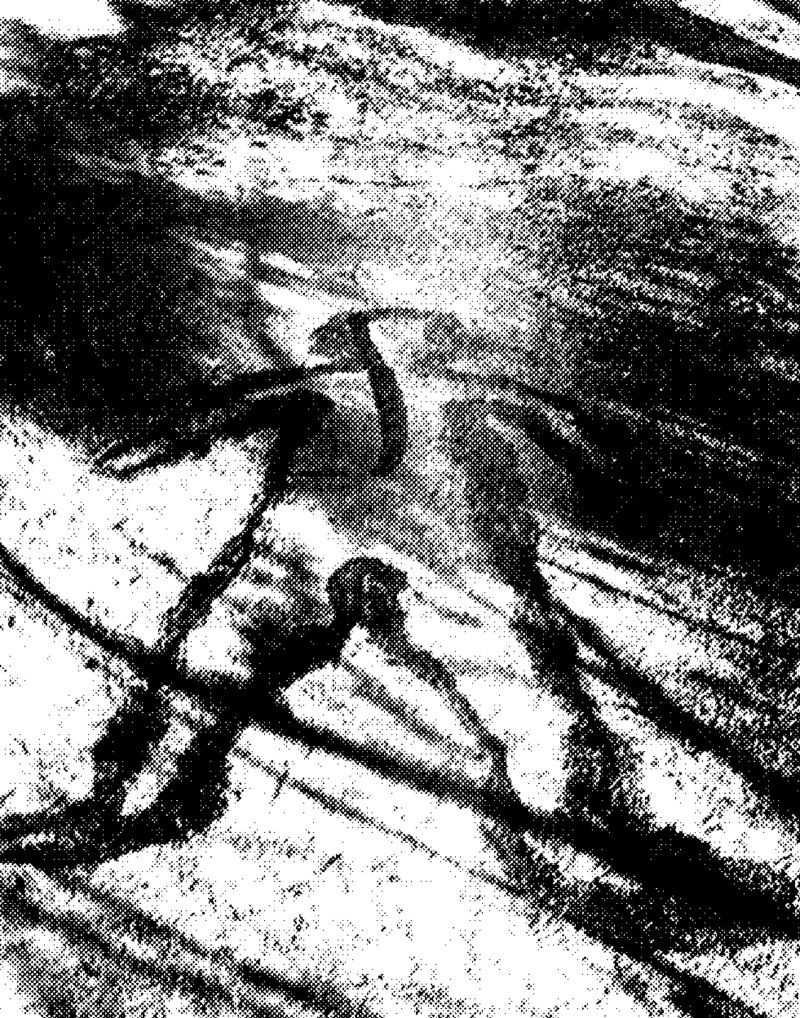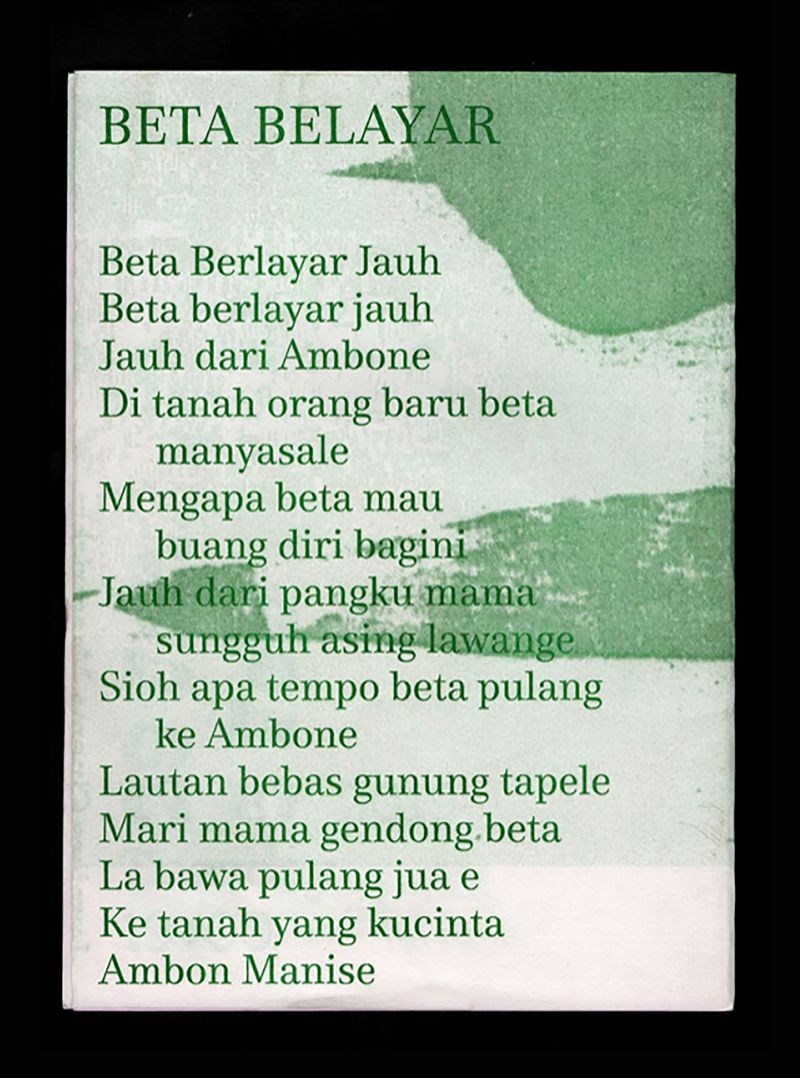Sound recording of Granny’s Ghost Story, at Filmtheater Lumière, Maastricht, NL, 2019.
Post Ghost Bust
(2018)
Playing a central role in daily life, ghost culture in East Asia has been deeply related to people’s identity, especially in Korea and Taiwan, two countries that modernised during the Japanese colonisation before 1945. Beforehand, ghosts and spirits were unarchived. Japanese colonisers did the archiving and research into folklore, traditional religions, and spiritual culture. As a result, ghost stories become systematised in Korea and Taiwan—materialising ghosts into photos, books, and institutional research. The act of archiving and writing a ghosts, was part of a colonial policy to conquer both territories not only physically, but also spiritually. This colonialist act of archiving, as part of the modernisation process with its institutional power, the diversity of ghost culture as the peculiar collective memory became generalised by the hegemony of civilisation. Unruly ghosts, traditional beliefs, and folk culture have been stigmatised as a pre-modernist cultural phenomena, along with so-called non-scientific, anti-modernistic, benighted things. The ghost is spread through spoken language, and has no form. In the process of archiving, the process of writing a ghost, it attains a certain shape.

Image from Ghost in Chosun (Korea), 朝鮮의 鬼神, Murayama Jijun (村山智順), 1929.¹
Looking at ghosts and spirituality in terms of technologies of mediation: ghosts simulate and stimulate other levels of reality, a meta-level of society. The ghost marks the limit of a society, and the narrative of the ghost is deeply tied to individual communities. The ghost is left as a collective memory or inscription of the past. In order to open a possibility of new forms and new interpretations of the ghost as a social mediator or simulator, we brought our interrogations to the Maastricht public by screening, discussing, and performing the ghost. How, then, can we use the ghost as a social medium that is strongly engaged with the local community? Exchanging, materialising, visualising, and discussing ghost stories, we want to celebrate the role of the ghost in a range of East Asian cultures. In different contexts, ghost stories can be as widespread as collective memories in community formation. These collective stories that you would not usually reveal to the other will highlight the hidden narratives of other parts of the world, and generate shared moments of cooperative imagination.

Image documentation of Granny’s Ghost Story, a ghost screening without images that invites grandmothers from Indonesia, residing in the Netherlands, to tell their accumulated ghost stories from different countries and people. Grandmothers/storytellers were Joyce Radesey, Emeline Claassen, and Fatima Barjanan. Filmtheater Lumière, Maastricht, 2019.
Post Ghost Bust is an extension of our research publication into a workshop, screening, and symposium about the figure of the ghost in East Asia. It opens our questions about ghosts and their link to colonial modernity, folk culture, and the collective imagination, to the public.

Cover image of Post Ghost Bust — Story book, a publication designed by Phoenix Huang and Chen Jhen, and produced at the Charles Naples Lab, Maastricht, NL, in 2019.
Footnotes:
- 朝鮮の占卜と豫言 (The Divination and Prognostication of Chosun(Korea),1933) and 朝鮮의 鬼神 (Ghost in Chosun(Korea)) (1929) reported by Murayama Jijun (村山智順) from the survey on folk faith of Joseon entrusted by the Japanese Imperialism holds the very important position in the history of studies on the divination and Ghost in Korea in that it collected vast amount of data of folk customs associated with the divination in Joseon till the early 1930s.: Critical Review on the Survey of Murayama Jijun (村山智順) upon Divination of Joseon (朝鮮占卜) by Kim, Mantae.
Post Ghost Bust is a collaboration with graphic designer Chen Jhen. The project took the form of a performance, a screening and a symposium. Granny’s Ghost Stories was performed by Joyce Radesey, Emeline Claassen, Fatima Barjanan. The screening featured Returning Souls by Taiwanese anthropologist Hu Tai-Li, and Manshin: Ten Thousand Spirits by Chan kyung Park, and was organized at Filmtheater Lumière, Maastricht, NL. The symposium, Tales of the Victims: The Commemoration of Traumatized Memories and Religious Belief About Heritage in Taiwan’s Offshore Islands , has been faciliated by the Jan van Eyck Academie, Maastricht, NL.
The project has been supported by the Jan van Eyck Academie, Maastricht, NL, between 2018 and 2019.